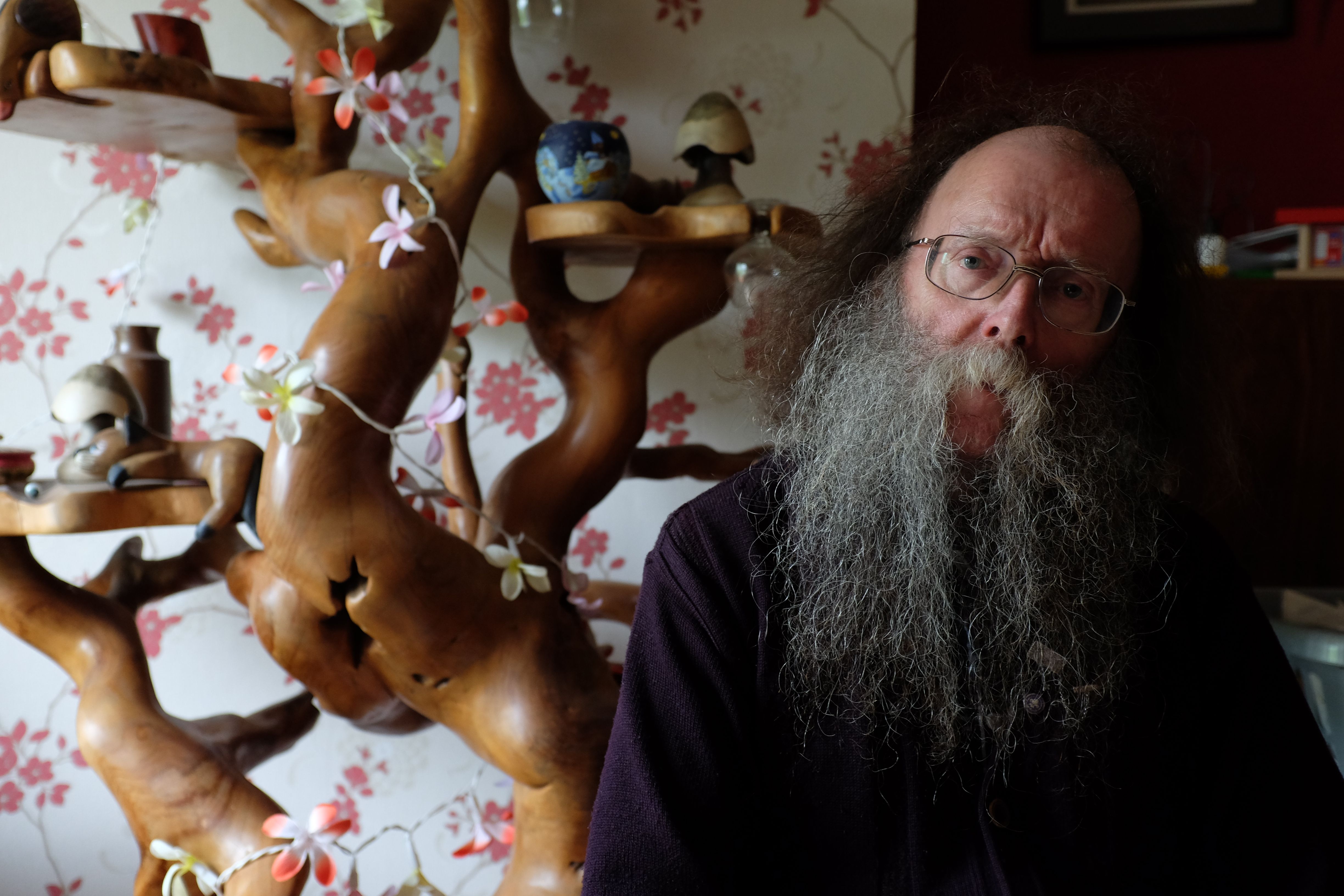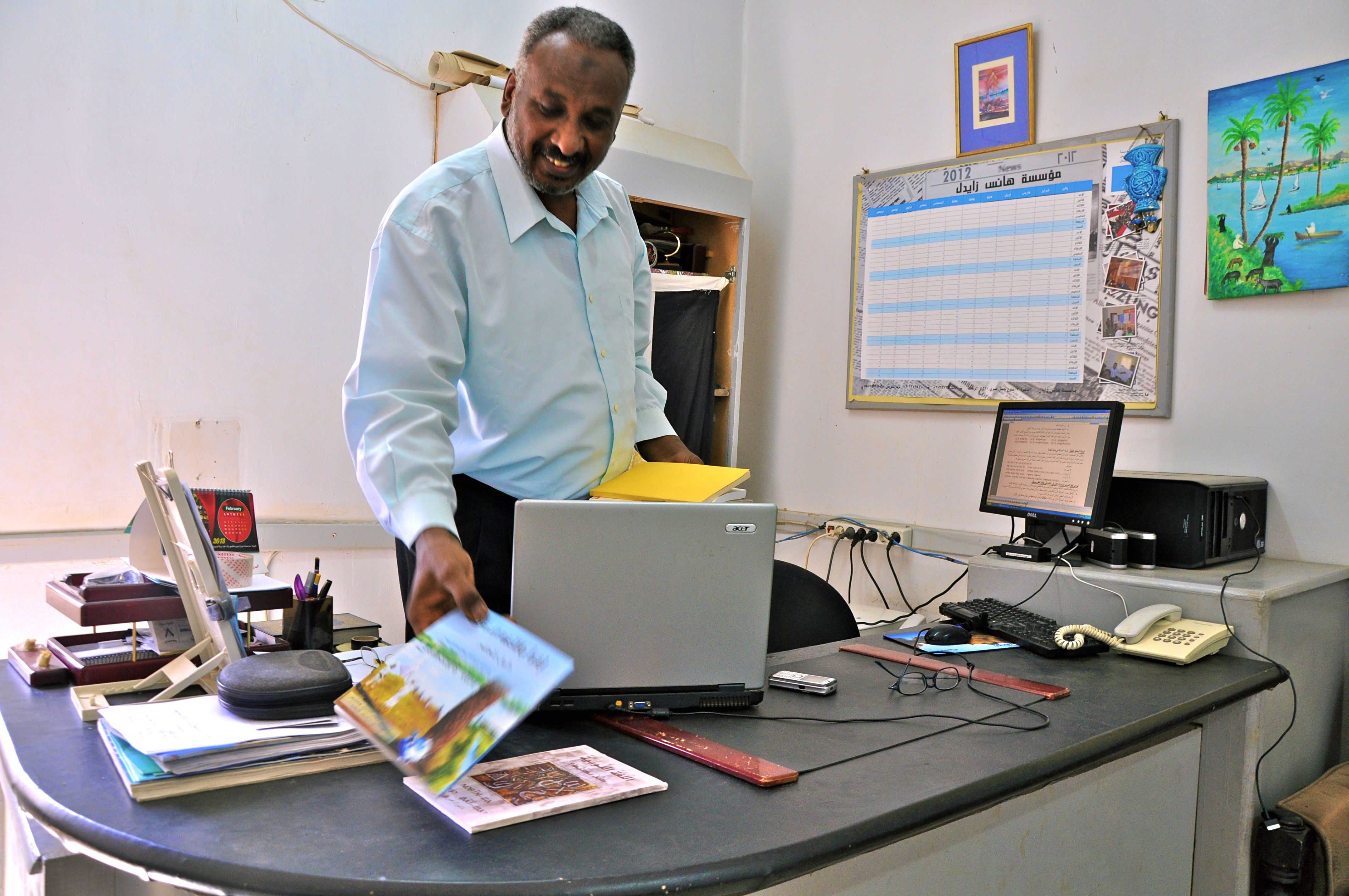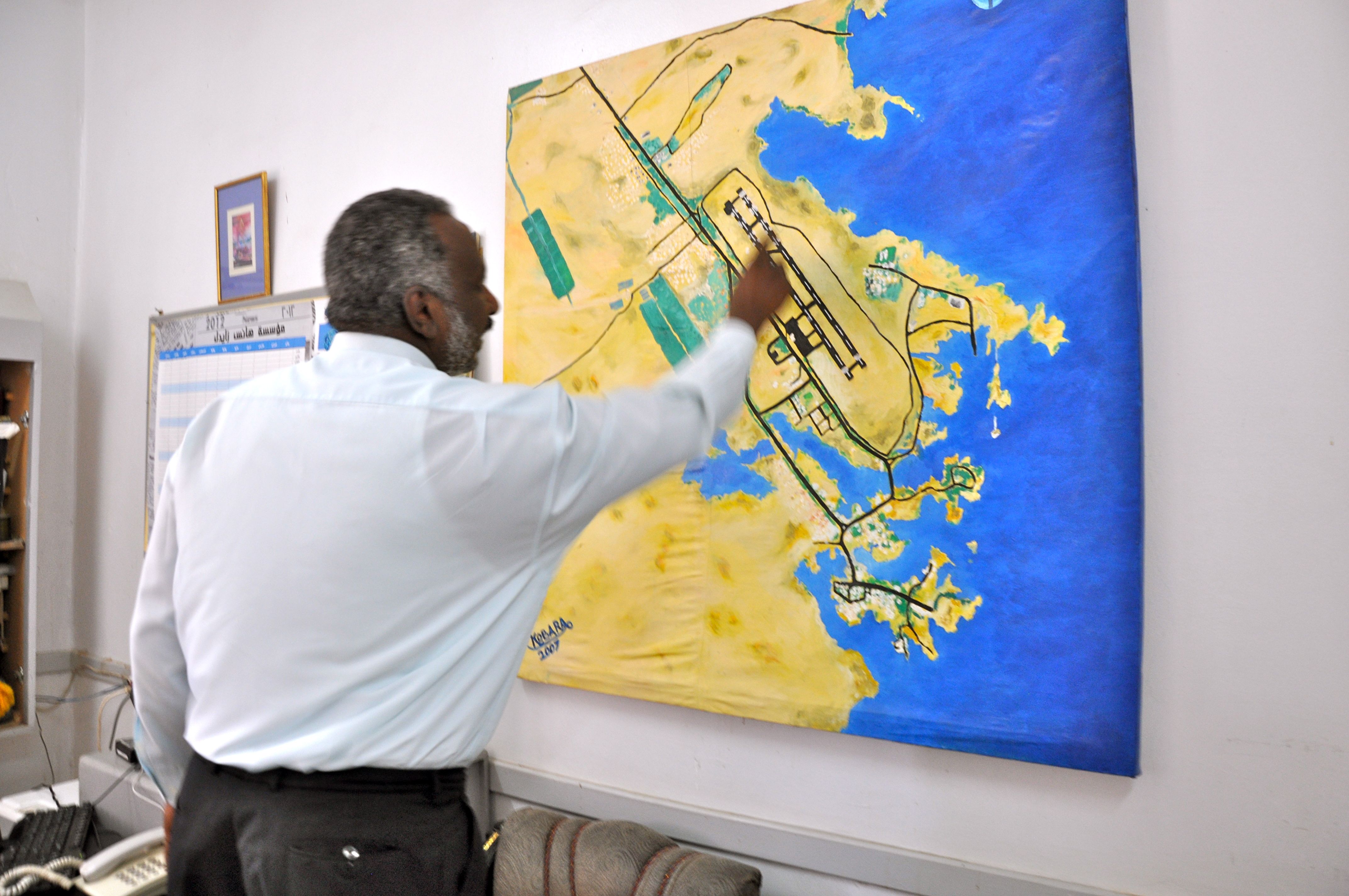This lesson is written as a series of notes for the facilitator.
CCSS.ELA-Literacy.L.11-12.3
Apply knowledge of language to understand how language functions in different contexts…
CCSS.ELA-Literacy.RH.11-12.2
Determine the central ideas or information of a primary or secondary source; provide an accurate summary that makes clear the relationships among the key details and ideas.
Warm-up:
Benedict Anderson, considered by many to be the foremost scholar on the subject of nationalism, argues that there is a vital link between nationalism and language. He writes:
“What the eye is to the lover – that particular, ordinary eye he or she is born with – language – whatever language history has made his or her mother-tongue – is to the patriot. Through that language, encountered at mother’s knee and parted with only at the grave, pasts are restored, fellowships are imagined, and futures dreamed” (Anderson, 1983, Imagined Communities p.154).
Ask students to interpret the above quotation. What does Anderson say about the political aspects to language? How is language related to cultural identity?
If appropriate, you might also ask students whether they speak a language other than English. What is it? How did they learn it? (Answers will vary, but it might be a “heritage language,” perhaps they learned it in school, perhaps they have travelled…) For those whose parents or grandparents speak a language other than English, ask how important is speaking this “heritage language” language to them, to their parents and grandparents?
Introducing the Lesson:
Today we will examine the relationship between language and nationalism, politics and cultural identity using several articles from the Pulitzer Center: One on the Kurdish language and the other on the Irish language.
Divide the class into two groups:
One group should read "Turkey: Meet the 12-Year-Old Girl Who Risked Prison to Revive Her People's Language." (Students might find it useful to hear the background provided by the reporter, Jenna Krajeski, as well.) There are a number of articles on the Pulitzer Center Gateway on the Kurdish situation in Turkey if students want or need more background. Have them answer these questions:
- Why has 12 year old Medya Ormek been on the front lines of the Kurdish struggle to revitalize their language, long restricted in Turkey?
- Is Krajeski right that learning Kurdish is important to Medya and many others?
The other group should read "Learning Irish." Have students answer the following question:
- In the l8th, and for most of the l9th century, speaking Irish was “was actively discouraged or suppressed." However, since the early 20th century, Irish been taught in Irish schools and in most Catholic schools in Northern Ireland. Yet people are apparently not using the language. How can this be explained?
This video is useful.
When that discussion has finished show the Jason George interview and/or "Learning Greenlandic" one at a time. (If time permits, have students read "Puju: Greenland's "language warrior.") Consider:
- How are the Irish and Kurdish situations different from that of the Inuit peoples of Greenland?
- How is the issue of the preservation of the Inuit language related to climate change?
Extension:
Read this brief article: Egyptian Nubians: Egypt: Saving a Language and Culture on the Brink extinction.
Write brief statement under 200 words answering the following question:
Hussein Kobbara, who is working on a Nubian dictionary, argues, “If a language dies, a culture dies.” From your reading and experience, to what extent to you agree with this statement?







